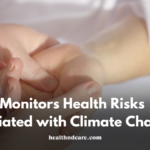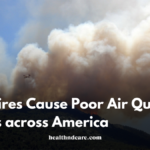Introduction to Mpox
Mpox, previously called monkeypox, is a contagious viral disease caused by the Mpox virus. While it was first identified in monkeys, it affects humans mostly in Africa and other parts of the world. The recent outbreak of Mpox has raised concerns worldwide due to its fast-spreading nature and serious health implications.
What is Mpox?
Mpox is an uncommon but potentially severe viral illness which resembles smallpox but generally milder. People get infected through contact with animals that have the virus including humans or materials contaminated by them.
Signs of the disease include fever, headache, muscle pain and a rash that goes through different stages such as blistering and scabbing.
How is Mpox Transmitted?
The following are ways in which one can contract mpox:
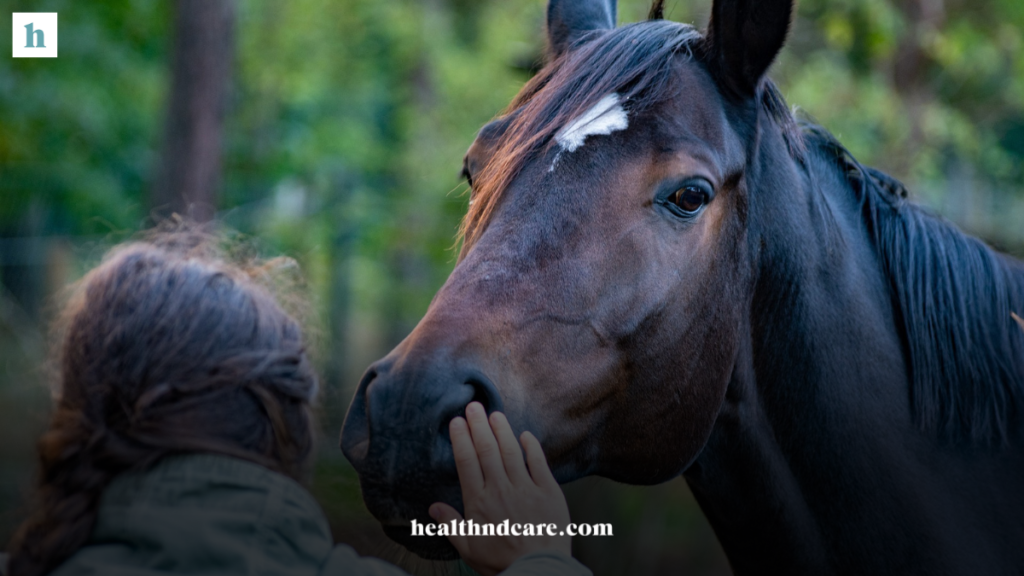
From Animal-to-Human:
- Direct contact with blood or body fluids from infected animals like rodents and primates may result into transmission.
Human-to-Human Transmission:
- Close contact with respiratory droplets produced when an infected person coughs or sneezes; skin lesions; or objects contaminated by patient’s fluids can lead to contracting this infection.
Contaminated Objects:
- The virus can survive on surfaces for some time hence people getting it indirectly through touching things like clothes used by sick individuals is possible.
Symptoms and Diagnosis
Symptoms usually appear between 7-14 days after exposure lasting for about 2-4 weeks. Some of the early signs include:
- Fever
- Headache
- Muscle aches
- Swollen lymph nodes
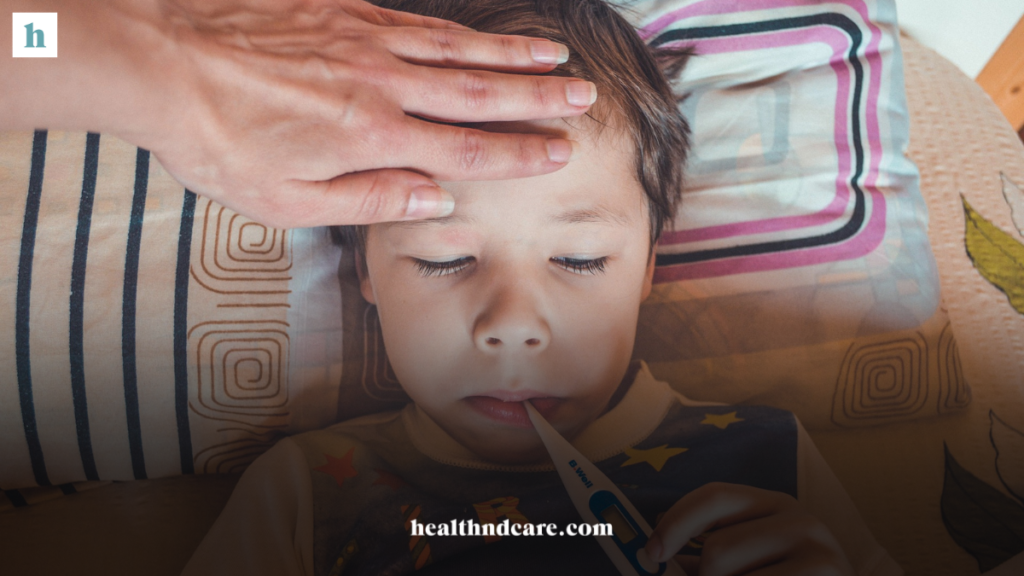
Fatigue A rash follows which typically starts on the face then spreads to other parts of the body. This rash evolves through molecules, vesicles (blisters), pustules (pus-filled blisters) until scabs form over them.
Global Impact of the Mpox Outbreak
The recent outbreak of monkeypox has affected numerous countries beyond Africa where it was previously known to be endemic. This global spread has necessitated rapid response by public health authorities in order to contain and prevent further transmission.
Countries have instituted measures like travel restrictions, quarantine protocols and public awareness campaigns aimed at informing people about mpox risks as well as early detection and prevention strategies.
Prevention and Control Measures
Prevention of Mpox requires both personal preventive measures and public health interventions. Some of the key steps include:
Vaccination:
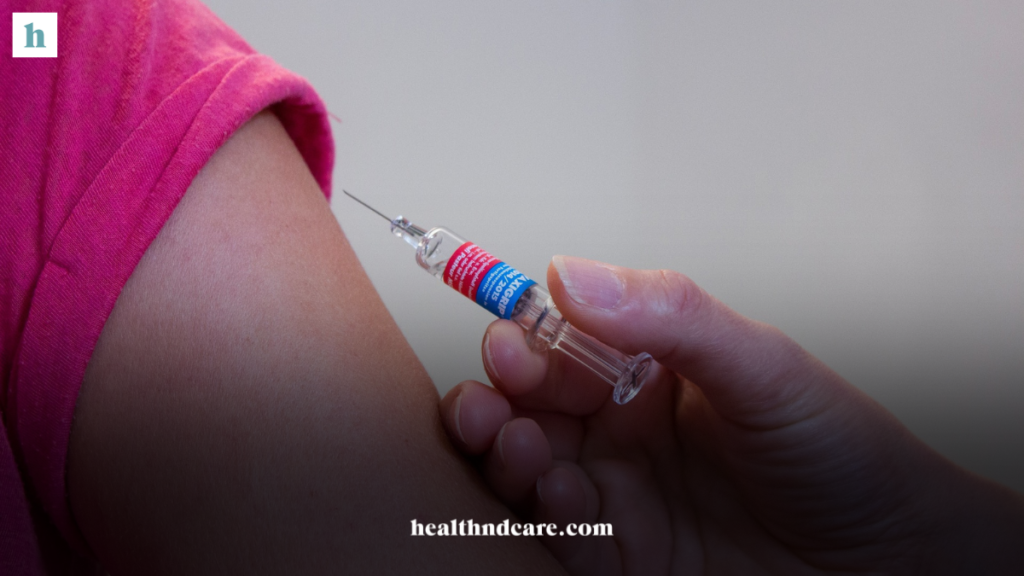
Immunization using vaccines for smallpox has been found effective against this disease too. Therefore vaccination is recommended for those. Who may come into contact with infected individuals most often such as healthcare workers or lab personnel.
Hygiene Practices:
Frequent hand washing, avoiding close contact with sick animals plus use of Personal Protective Equipment (PPE). While attending to patients suffering from mpox can help lower chances of contracting it.
Public Awareness:
Informing members of society about signs, modes of transmission and ways to prevent themselves from getting infected plays a vital role in early identification as well as control outbreaks.
Role Of Public Health Authorities
Surveillance systems are important tools used by public health authorities during management of monkey pox epidemics. These systems help in tracking how fast the virus spreads and detecting new cases that may arise.
Moreover, global cooperation is required so that information, resources and strategies can be shared between different nations when dealing with this illness.
Conclusion
The occurrence of an outbreak like mpox serves as a wake-up call on zoonotic diseases which are ongoing threats worldwide. Thus highlighting the need for international readiness towards such events.
By understanding how it spreads, what signs one should look out for among other preventive actions will enable individuals or communities protect themselves better while also helping contain its dissemination.
With the outbreak still being monitored and addressed by public health authorities, it is important for people to be knowledgeable about the situation and take necessary steps to prevent getting sick.


